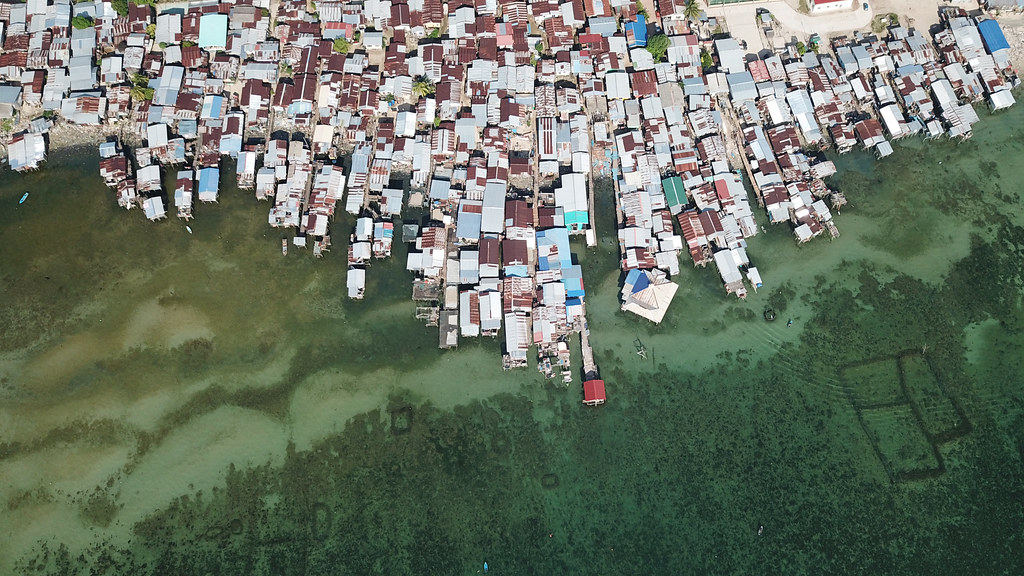As nations gather for the latest round of climate talks in Glasgow, a new UN report calls for urgent efforts to increase the financing and implementation of actions designed to adapt to the growing impacts of climate change.
‘The Adaptation Gap Report 2021: The Gathering Storm’, from the United Nations Environment Programme (UNEP) for which Dr Alistair Hunt in Bath’s Department of Economics was one of the lead authors, found that while policies and planning are growing for climate change adaptation, financing and implementation are still far behind where they need to be.
The report suggests that the opportunity to use the fiscal recovery from Covid-19 to prioritise green economic growth that also helps nations adapt to climate impacts such as droughts, storms and wildfire is largely being missed.
“As the world looks to step up efforts to cut greenhouse gas emissions – efforts that are still not anywhere strong enough – it must also dramatically up its game to adapt to climate change,” said Inger Andersen, Executive Director of the UN Environment Programme.
“Even if we were to turn off the tap on greenhouse gas emissions today, the impacts of climate change would be with us for many decades to come. We need a step change in adaptation ambition for funding and implementation to significantly reduce damages and losses from climate change. And we need it now.”
Dr Alistair Hunt from the Department of Economics at the University of Bath, one of the lead authors of the report who conducted analysis of trends in bilateral financing of adaptation projects in developing countries, explained: “Our report provides a global ‘stock-take’ of adaptation action to climate change. It highlights that though there are ongoing programmes to implement adaptation in developing countries, there remains a shortfall in the finance committed to these international programmes and the amount of finance needed to address currently identified needs in these countries.
“My research used data on bilateral project funding from the main donor countries to show where this finance has been targeted. There is evidence of financial resources being targeted more at water and agricultural production, reflecting developing countries’ most urgent needs, though the amount of finance is not yet sufficient to fully meet these needs.”
Dr Hunt authored chapter five of the report 'Global progress in implementing adaptation' and was responsible for the analysis of trends in bilateral financing of adaptation projects in developing countries.
Weak adaptation financing
Current promises under the Paris Agreement point to global warming of 2.7°C by the end of the century. Even if the world limits warming to 1.5°C or 2°C, as outlined in the agreement, many climate risks remain. While strong mitigation is the best way to lower impacts and long-term costs, raising ambition in adaptation is critical to keep existing gaps from widening. The report finds that the costs of adaptation are likely in the higher end of an estimated USD 140-300 billion per year by 2030 and USD 280-500 billion per year by 2050 for developing countries only.
Climate finance flowing to developing countries for mitigation and adaptation planning and implementation reached USD 79.6 billion in 2019. Overall, estimated adaptation costs in developing countries are five to ten times greater than current public adaptation finance flows, and the gap is widening.

